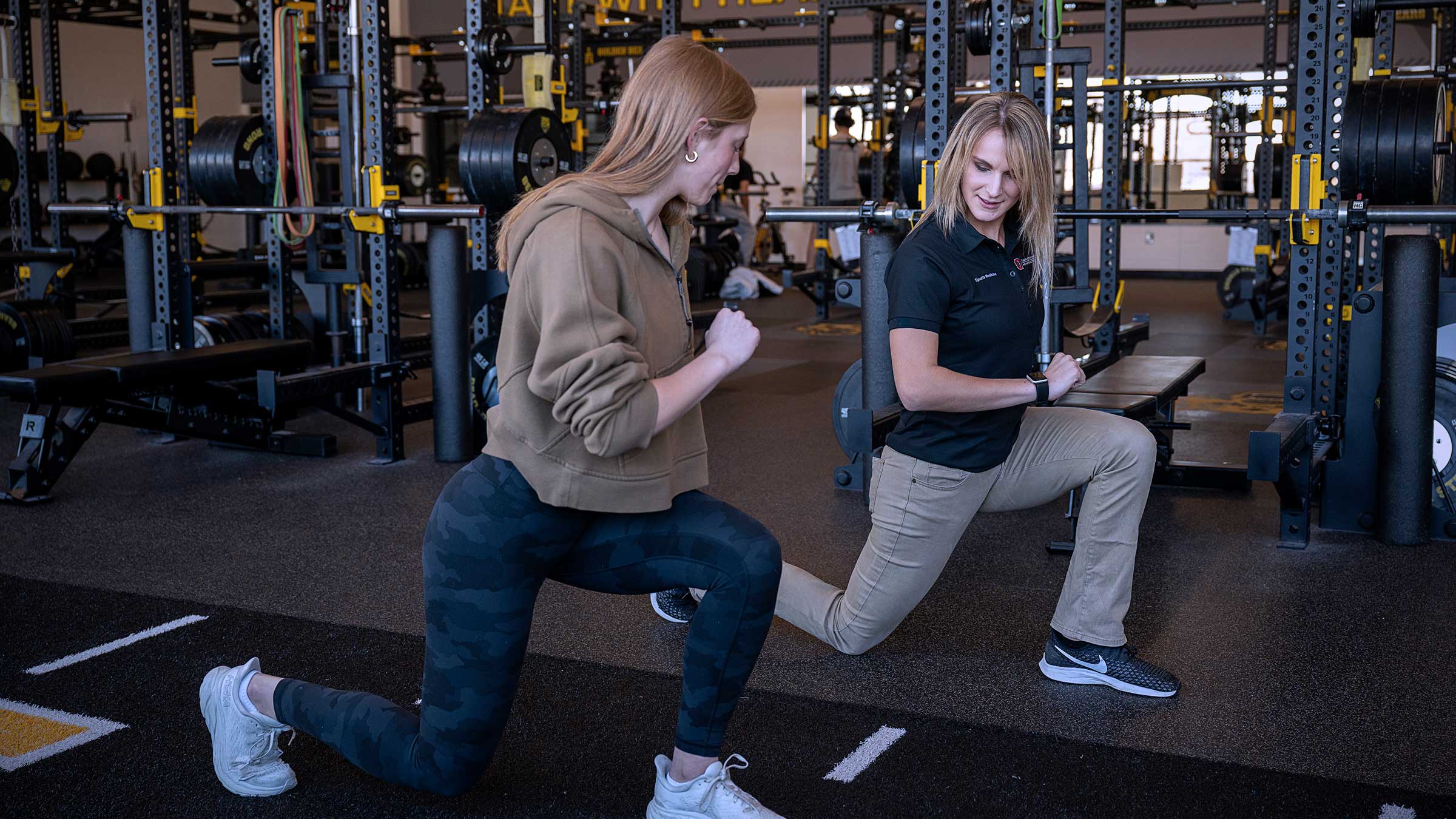Improving Rehabilitation Through the Implementation of Adapted Physical Activity Plans in Recovery Approaches
Wiki Article
Rehabilitation is an essential process for individuals who have undergone injuries, or other medical challenges. Recovery initiatives play a crucial role in supporting these individuals to restore their strength, improve movement, and return to their routine activities. Customized exercise planning is a critical component of effective recovery. This means that workouts are carefully designed to address the unique requirements of each individual. By focusing on targeted exercise plans, recovery approaches can enhance recovery and support better wellness results.
One of the first stages in creating a tailored fitness program is evaluating the patient’s condition. Medical practitioners conduct assessments to understand the particular limitations and capabilities of each person. This might involve physical assessments, conversations about medical background, and objectives for recovery. For instance, an sportsperson recovering from a leg injury may have distinct needs than an senior individual healing from hip operation. By recognizing these variations, clinicians can develop an therapy regimen that targets the unique factors of each case.

Integrating multiple forms of exercises is crucial for successful rehabilitation. Resistance training , flexibility routines, and cardiovascular activities all serve important functions in rehabilitation. Strength exercise assists rebuild muscle and enhance endurance, which is particularly important after extended durations of inactivity. Mobility movements enhance range of motion and original site reduce stiffness in joints. Aerobic activities, like walking or biking, improve overall conditioning and promote heart health. A comprehensive exercise program that incorporates all these components can greatly aid in the recovery journey.
Tracking progress is another critical element of recovery programs with customized fitness see here prescriptions. As individuals participate in their personalized routines, healthcare practitioners observe improvements and make required modifications to the program. This ongoing assessment ensures that the exercises remain beneficial and suitable as the individual progresses. Setting specific milestones can also motivate individuals during their rehabilitation journey. Reaching incremental objectives boosts confidence and promotes persistence in adhering with the recovery program.
In the end, improving recovery through personalized fitness planning requires collaboration between healthcare providers and patients participating in recovery. Open communication is essential to recognizing how each person feels throughout their recovery journey. By collaborating jointly, both parties can identify any challenges and celebrate achievements along the path. Tailored exercise programs not only help individuals heal physiologically but also add to their mental well-being by instilling a sense of achievement and self-reliance as they progress towards their wellness objectives.